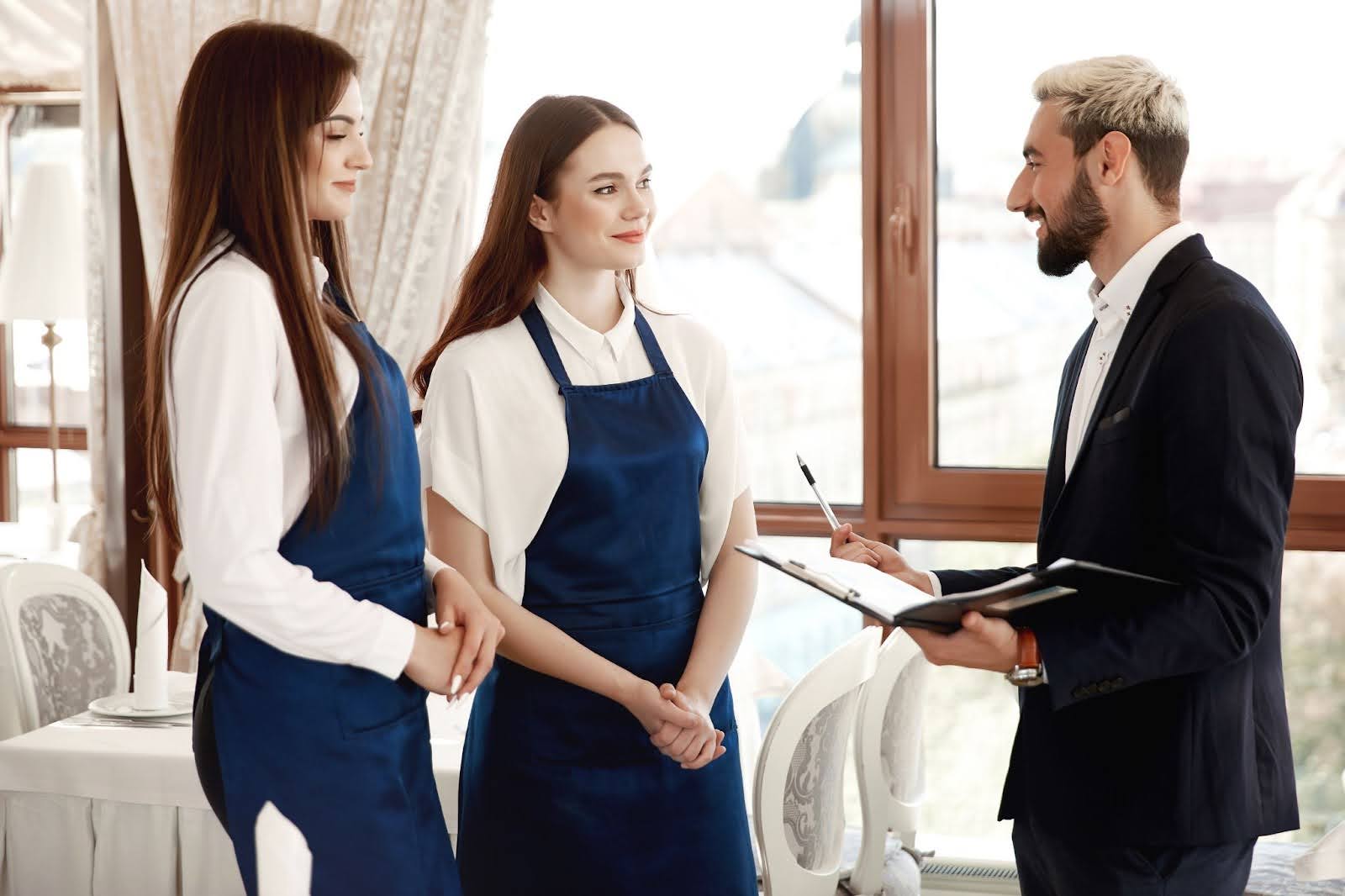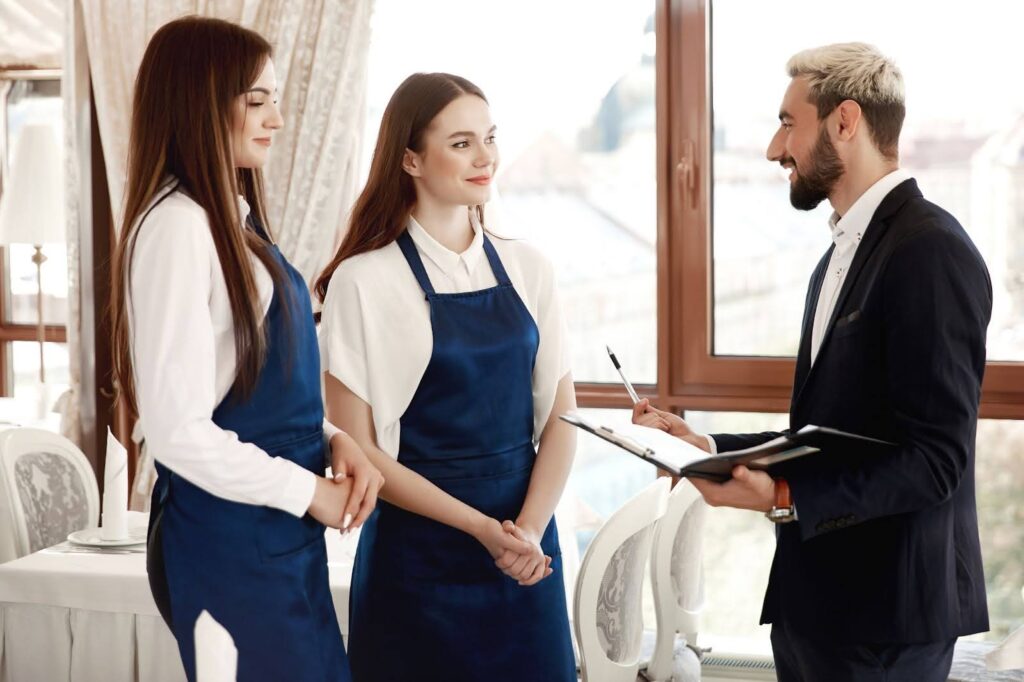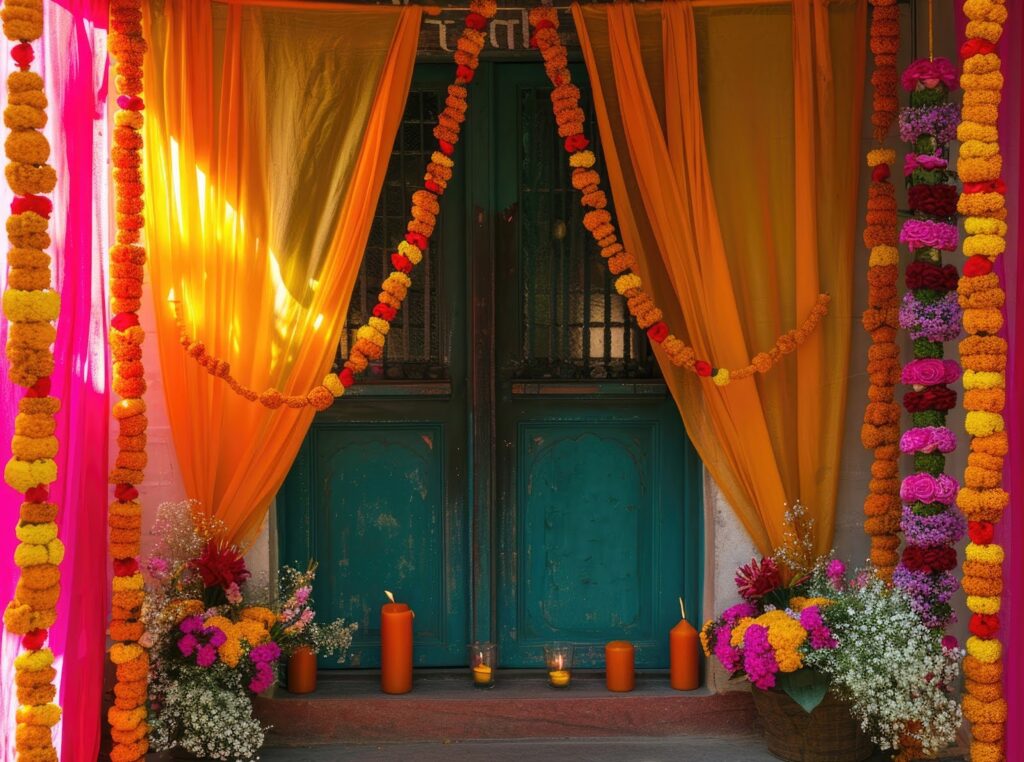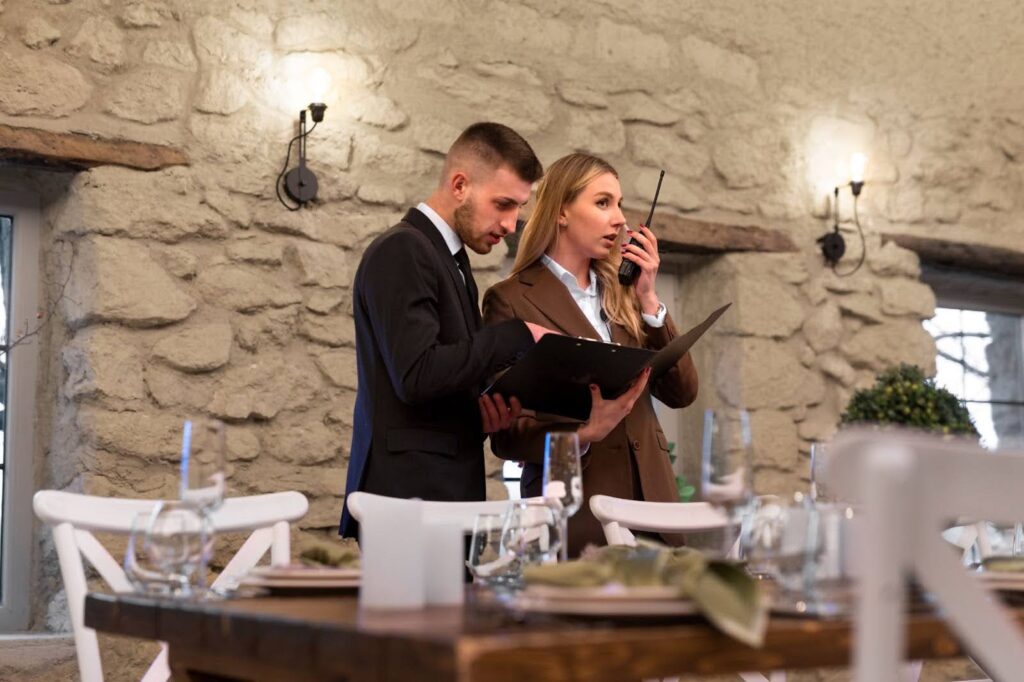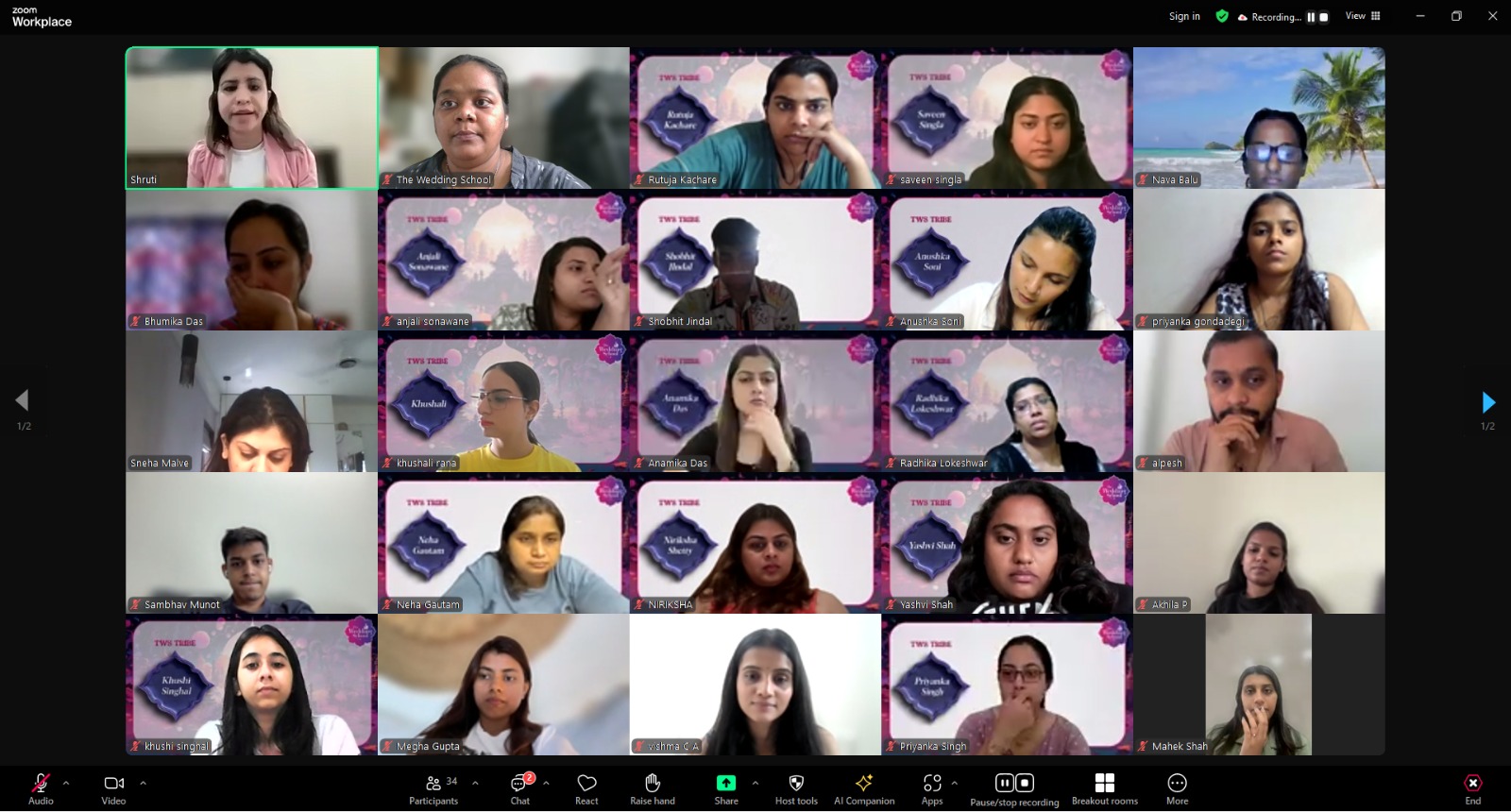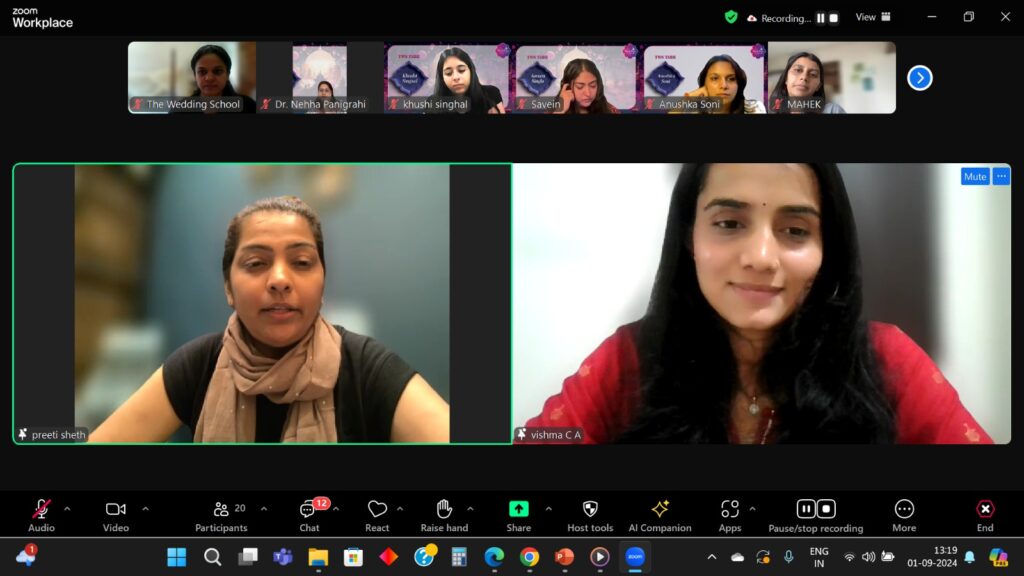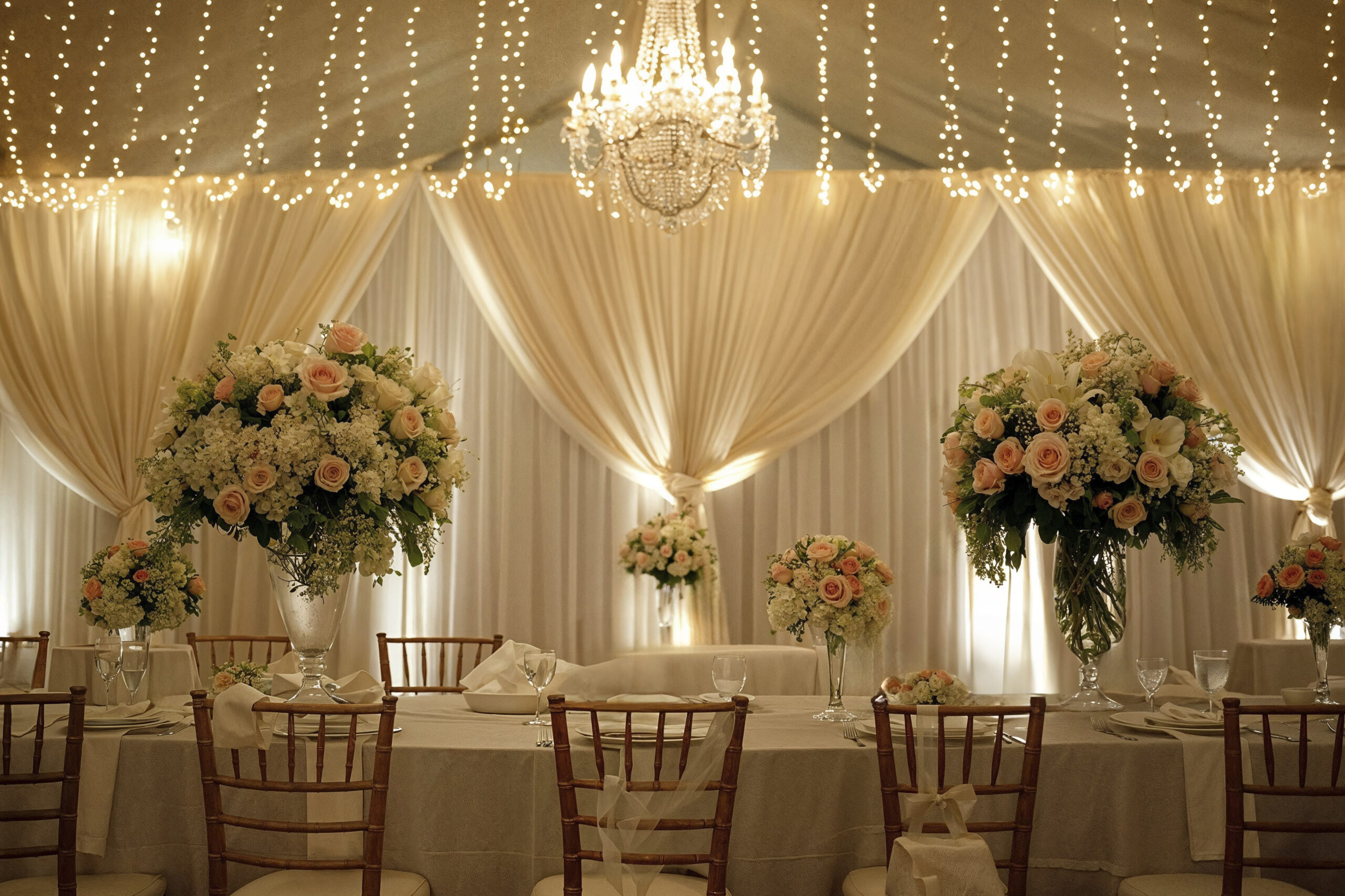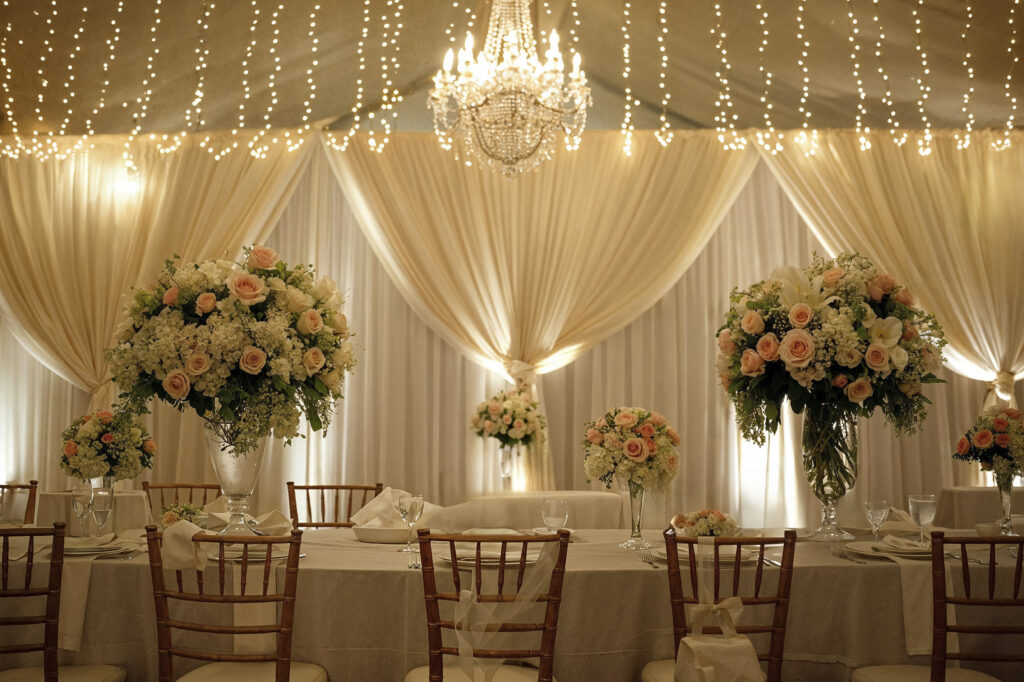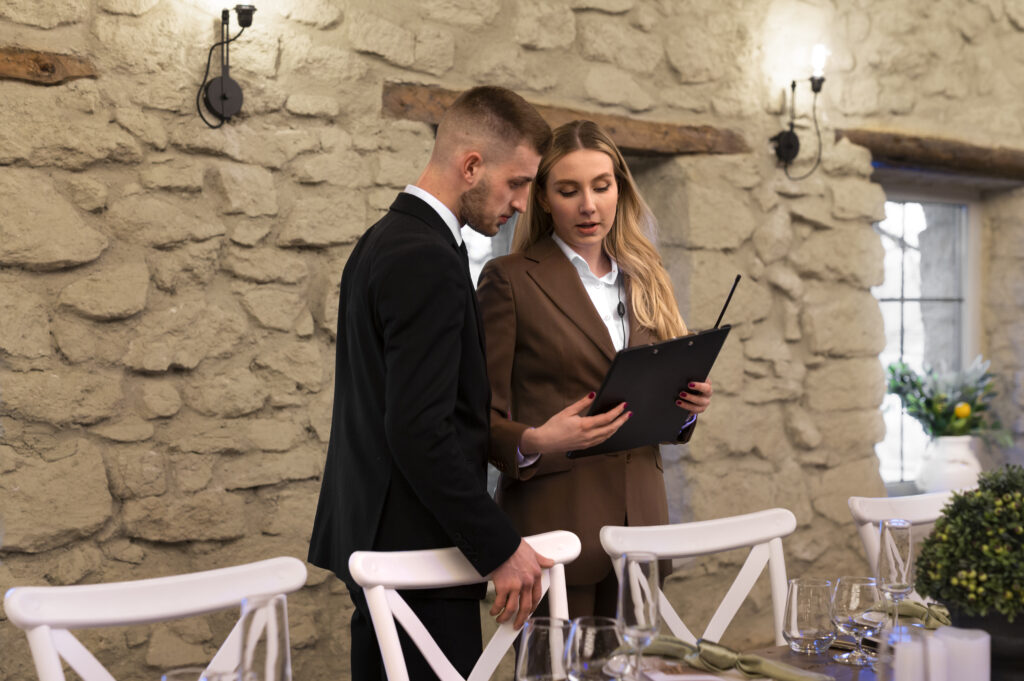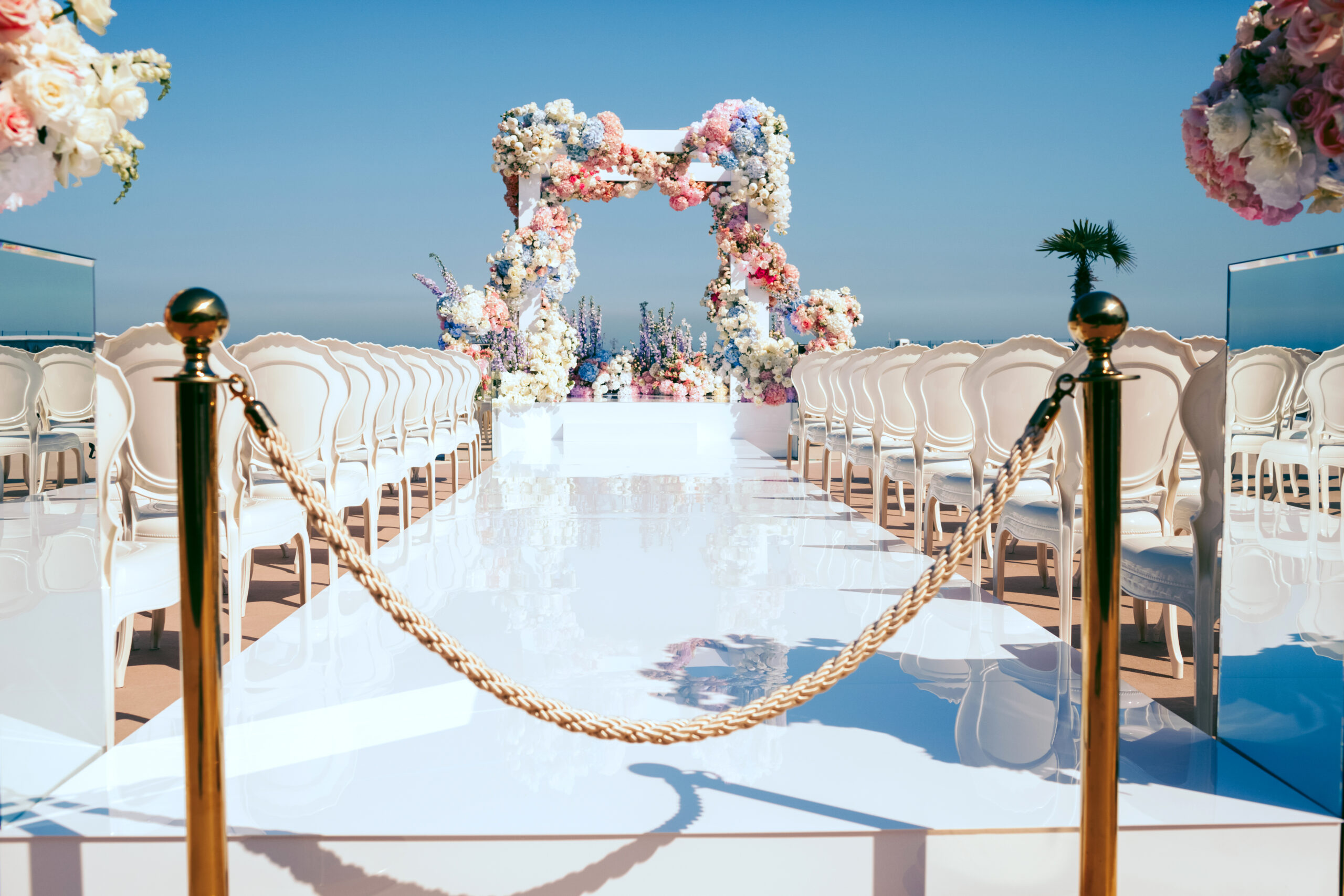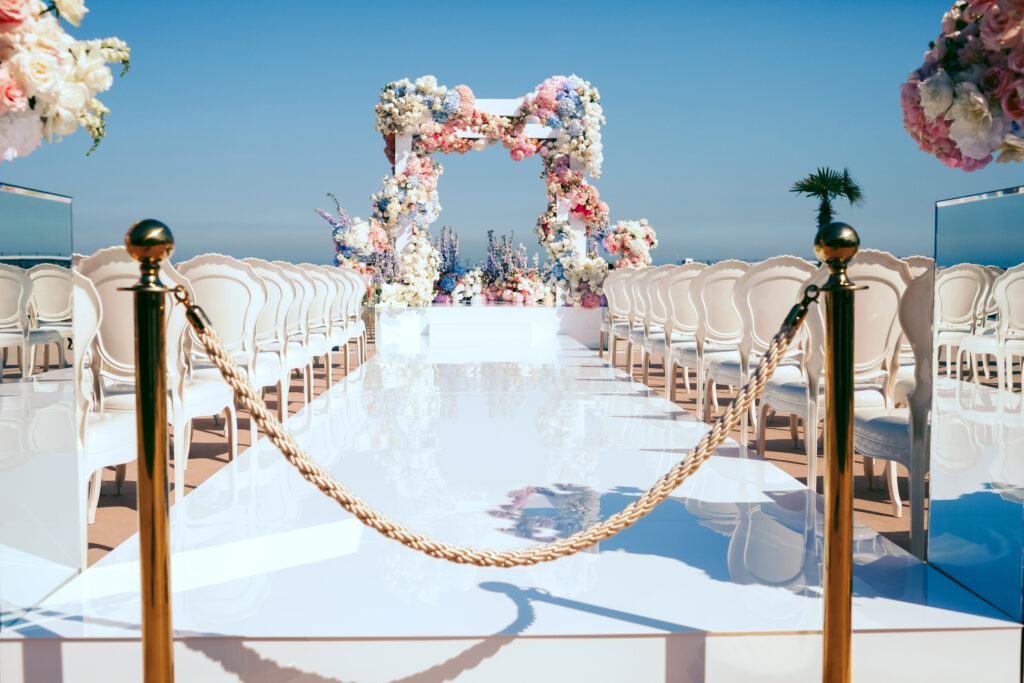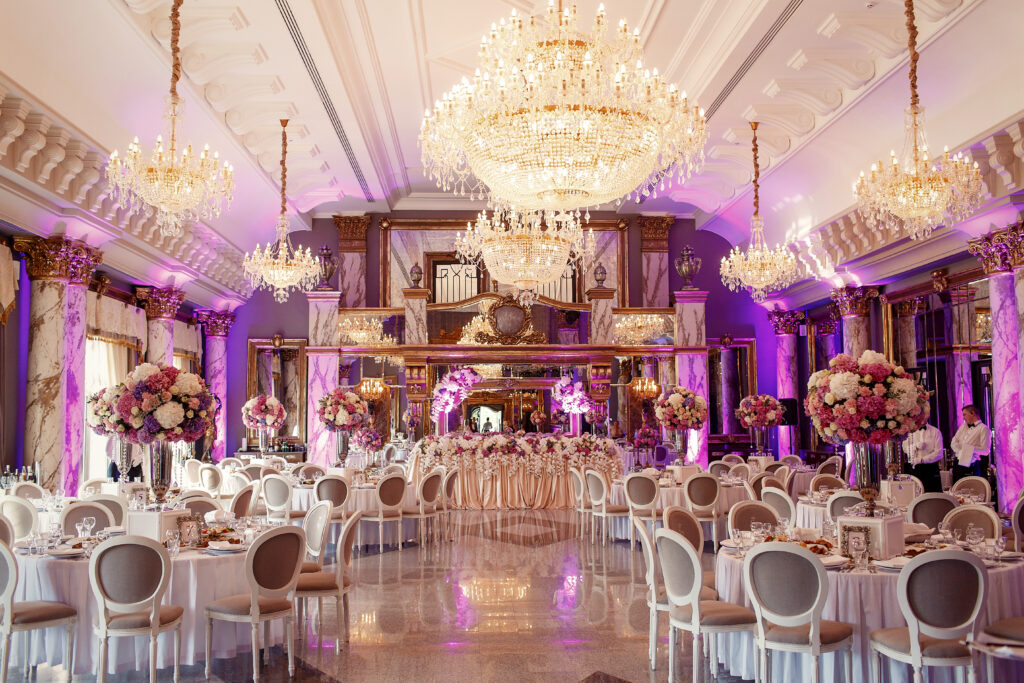
The Benefits of Becoming a Certified Wedding Planner in 2025
Want to build your career as a wedding planner
Introduction
The wedding industry has always been a vibrant and ever-evolving landscape, but 2025 marks a pivotal moment for aspiring wedding planners. With an increasing number of couples seeking personalized and memorable celebrations, the demand for certified professionals is at an all-time high. Certification isn’t just a badge; it’s a gateway to unparalleled opportunities and a thriving career in one of the most rewarding industries.
What Does It Mean to Be a Certified Wedding Planner?
A certified wedding planner is more than an organizer; they are a visionary who turns dreams into reality. From managing intricate timelines to orchestrating the smallest details, their role is multifaceted. Certification not only validates your skills but also assures clients that you possess the expertise and professionalism to handle their special day seamlessly. It’s the difference between being a planner and a trusted partner in creating life’s most cherished moments.
The Advantages of Certification in 2025
In 2025, certification carries more weight than ever. It offers enhanced credibility, making clients more likely to entrust you with their big day. Certified planners have access to cutting-edge industry trends, from sustainable wedding practices to innovative technology integrations. Additionally, certification often comes with membership in exclusive networks, allowing you to connect with other professionals, share knowledge, and stay ahead in this dynamic industry.
Boosting Your Career Prospects
Competition in the wedding planning market is fierce, but certification gives you an edge. It signals to venues and vendors that you are a professional who understands industry standards and expectations. This recognition can lead to collaborations that open doors to high-profile events, exclusive client lists, and premium venues. Certification is your ticket to standing out in a sea of talented planners.

Financial Benefits of Certification
Certified wedding planners often command higher rates, reflecting the quality and reliability of their services. With specialized knowledge, you can cater to niche markets, such as destination weddings or cultural ceremonies, further expanding your clientele. The financial rewards of certification are tangible, turning your passion into a profitable career while delivering exceptional value to your clients.
Personal Growth and Skill Development
Beyond the financial and professional perks, certification fosters personal growth. You’ll hone skills like negotiation, time management, and creative problem-solving. The unpredictable nature of wedding planning builds resilience, while the joy of making someone’s day unforgettable fuels your passion. Certification transforms you into a well-rounded professional equipped to navigate challenges with confidence and poise.
Steps to Becoming Certified
Becoming a certified wedding planner starts with choosing the right program. Look for one that aligns with your career goals and offers comprehensive training. Coursework typically covers event design, budgeting, vendor coordination, and client relations. Practical experience, whether through internships or mentorships, is equally vital. These steps ensure you are prepared to deliver exceptional service from day one.
Conclusion
Becoming a certified wedding planner in 2025 is more than a career choice; it’s a commitment to excellence in a field that thrives on creativity and connection. Certification not only elevates your professional standing but also enriches your personal journey, equipping you with skills that last a lifetime. As the demand for skilled planners continues to rise, there’s no better time to take the leap and embrace this transformative opportunity.


